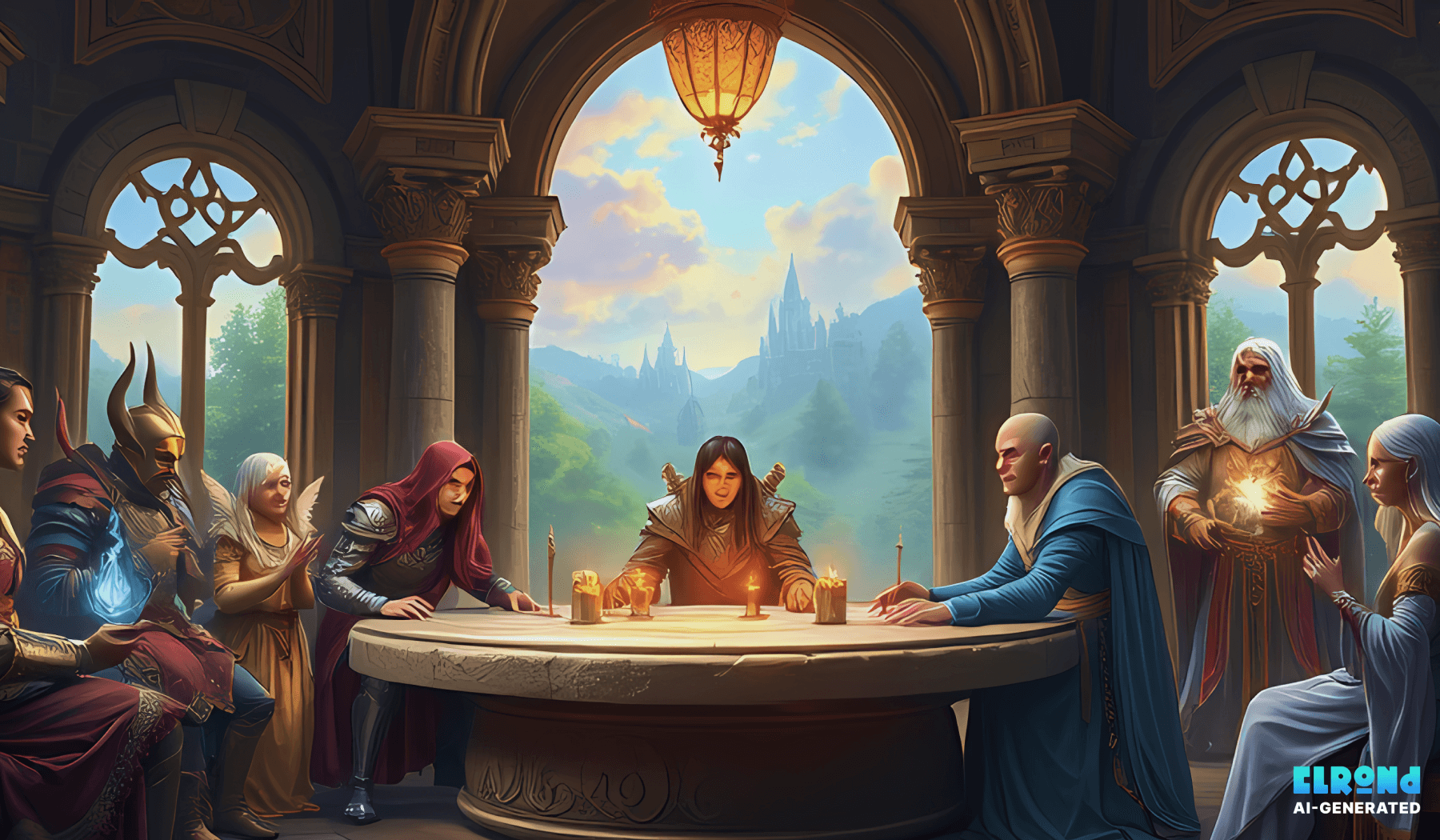Explore how class and etiquette shape power in fantasy worlds.
What is Fantasy of Manners?
Fantasy of Manners is a subgenre of fantasy that integrates detailed social structures, class divisions, and complex etiquette into the fabric of its world-building. In these tales, the plot often revolves not around grand magical battles or quests, but the navigation of social hierarchies and intricate interpersonal dynamics. The focus is on how manners, reputation, and social status influence a character’s position and fate within a society.
“In Fantasy of Manners, the most dangerous weapon isn’t a sword—it’s a perfectly timed remark or the right social gesture.”
The genre is heavily inspired by the social conventions of the 18th and 19th centuries, where manners, class distinctions, and the consequences of violating social norms played a pivotal role in the plot.
Class and Society: The Heart of Fantasy of Manners
In a Fantasy of Manners, social class is more than just a backdrop—it defines characters’ actions, motivations, and conflicts. Whether it's noble bloodlines, merchant families, or lower-class citizens, class distinctions affect how characters interact, who they can marry, or where they can go.
Key Elements of Class in Fantasy Worlds:
Noble Houses and Power Struggles: The delicate balance between noble families often provides the central conflict. These houses compete for influence, land, and alliances, and every move is watched closely.
Example: In The Curse of Chalion by Lois McMaster Bujold, noble families’ alliances and their struggles for power are central to the plot.
Merchants and Commoners: The rise of merchant classes and the interaction between nobles and commoners often serve as a point of tension and intrigue.
Example: In The Goblin Emperor by Katherine Addison, a young emperor must navigate courtly intrigue while coming from a lower-class background.
Servants and Slaves: The role of servants and slaves in the societal structure often adds layers of complexity, with characters from lower classes having the potential for upward mobility—or tragic downfall.
Etiquette: The Unseen Force in Fantasy Worlds
In these worlds, etiquette is not merely about manners; it’s a tool of power. The correct way to bow, the proper form of address, or knowing the rules of a high-society dinner can determine a character’s success or failure. The breaking of etiquette, whether intentional or accidental, can create drama, tension, and even war.
How Etiquette Plays a Role:
Rituals and Ceremonies: Characters often participate in formal rituals, balls, or tournaments where every gesture and word counts.
Example: The A Song of Ice and Fire series by George R.R. Martin includes several courtly situations where small breaches of etiquette, like a slight or insult, can lead to dire consequences.
Marriage and Alliances: In many fantasy of manners works, marriage isn’t just about love—it’s about class, alliances, and the transmission of power.
Example: The Lies of Locke Lamora by Scott Lynch portrays the complex social systems in a city of thieves, where class and etiquette play a role even in the underworld.
Conversations and Dialogues: Proper phrasing and subtle subtext in conversation are often the most important means of conveying a character's power, status, or intentions.
Subtle Tactics: Power Dynamics and Manipulation
In fantasy of manners, power isn’t gained through magical battles but through negotiation, manipulation, and tactful use of social dynamics. Characters must navigate intricate webs of loyalty, familial duty, and romantic politics to achieve their goals.
Examples of Power Dynamics at Play:
Courtly Intrigue: Characters often plot behind the scenes, using charm, wit, and knowledge of social mores to maneuver themselves into favorable positions.
Backstabbing and Betrayal: Betrayals are frequently based on misunderstandings or breaches of etiquette, turning social faux pas into weapons of war.
Example: In The Traitor Baru Cormorant by Seth Dickinson, the protagonist must navigate an empire of complex social rules while maintaining control of her own fate.
Romantic Entanglements: Relationships are often complex, serving as both emotional connections and strategic tools in political maneuvering.
Fantasy of Manners in Literature
Fantasy of Manners is rich with possibilities for world-building and character development. Writers like Jane Austen, with her focus on social class and manners, laid the foundation for the genre's exploration of how social expectations shape individuals. Modern authors have continued this tradition in fantasy settings, creating worlds where etiquette and class determine the stakes of every encounter.
Notable Works in Fantasy of Manners:
The Goblin Emperor by Katherine Addison: A young emperor learns to navigate a court of intrigue and power, coming from an outsider’s perspective.
The Curse of Chalion by Lois McMaster Bujold: Political maneuvering and divine intervention mix in a world where manners and class have significant impact.
The Lies of Locke Lamora by Scott Lynch: This novel blends heist elements with a sophisticated social structure, where Locke must manipulate his way through a dangerous city.
What’s Next for Fantasy of Manners?
The genre is expanding as more authors explore the intersections of social norms, power, and etiquette in fantastical settings. Expect more nuanced stories that delve into the personal struggles of characters as they navigate the social fabric of their worlds.
What to Watch for in the Future:
More Diverse Settings: As more diverse authors enter the genre, expect a broader range of cultural backgrounds and social structures that reflect the complexity of real-world societies.
Increased Focus on Social Power: With themes of class and status more relevant than ever, stories will likely explore how social and political systems function in fantastical settings.
Character-driven Narratives: Rather than relying on grand battles or magical quests, the focus will remain on characters navigating their worlds through cunning, social intelligence, and subtle power plays.
Fantasy of Manners continues to be a genre that celebrates the quiet, often unseen forces that govern society. Its intricate social dynamics and focus on etiquette provide fertile ground for stories that are as intellectually engaging as they are entertaining.


